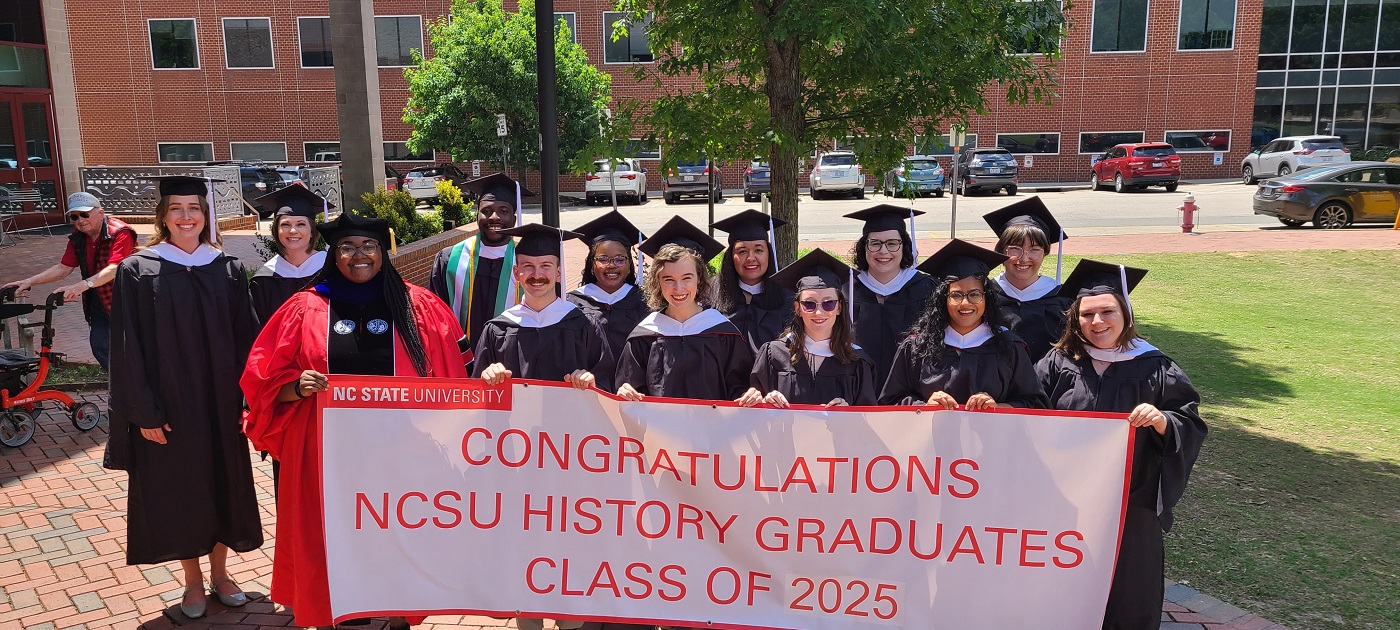The Scopes Trial in American Memory
Halbrook, Patrick Nason. “The Scopes Trial in American Memory.” (Under the direction of Dr. William Kimler.)
The 1925 Scopes “Monkey” trial, in which high school teacher John T. Scopes was prosecuted in Dayton, Tennessee for violating the state’s Butler Act forbidding the teaching of human evolution, has been called “the Trial of the Century.” Fundamentalist politician William Jennings Bryan and celebrity defense attorney Clarence Darrow met at the Rhea County Courthouse in Dayton, Tennessee, for “a duel to the death.” The nation’s media descended on the small town and broadcast the sensational creation-evolution trial around the globe. The locals who arranged the trial had hoped the publicity would put their town on the map, but they never guessed that it would become one of the most prominent symbolic events in American memory. Nor could they have anticipated the way the story of the “World’s Most Famous Court Trial” would evolve into stage and screen adaptations, novels, and dozens of historical works. This thesis explores the ways the Scopes story has been told and the meanings it has been said to embody. Through surveying the writings of historians, playwrights, authors of juvenile literature, residents of Dayton, antievolutionists, and political pundits, I show that the memory of the Scopes trial has both shaped and been shaped by subsequent cultural controversies over issues such as McCarthyism, creation science legislation, climate change science, and same-sex marriage. The memory of the Scopes trial is laden with symbolism and moral lessons. But the meaning and application of these qualities have depended largely upon the circumstances and interests of those who have appealed to it.
- Categories:


